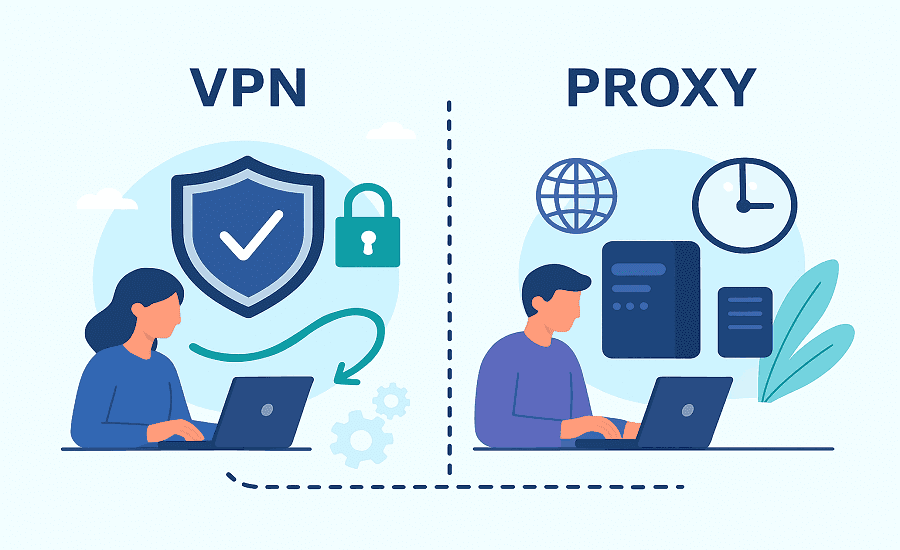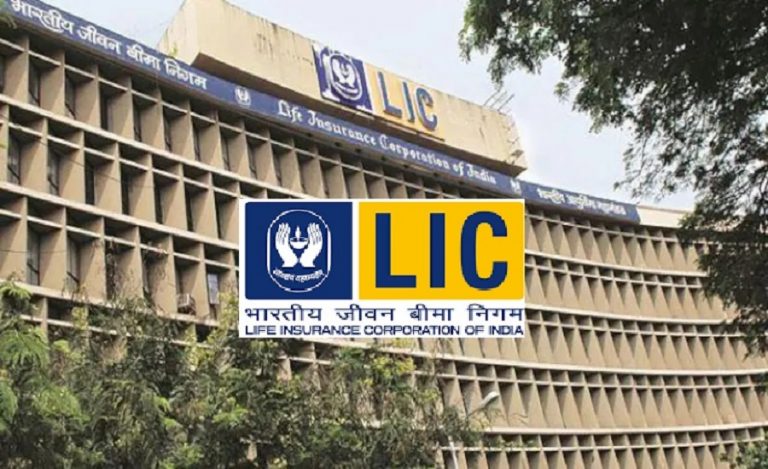Partnered Content
When you want more privacy while browsing the internet, you have probably heard about VPNs and proxy servers.
Both tools can help protect your online identity, but they work in different ways and offer different levels of security.
In this article, we will discuss what VPNs and proxy servers are and which one might be best for your needs.
What Is a Proxy Server
A proxy server acts as a middleman between your device and the internet. When you visit a website, your request goes to the proxy server first.
So, the proxy then sends your request to the website, gets the information, and sends it back to you.
By doing this, the proxy hides your real IP address from the websites you visit. This makes it look like the request is coming from the proxy server instead of your device.
There are different types of proxy servers. HTTP proxies work only for web browsing, while SOCKS5 proxies can handle different types of internet traffic like gaming or file sharing.
What Is a VPN
VPN stands for Virtual Private Network. A VPN creates an encrypted tunnel between your device and the internet.
When you connect to a VPN, all your internet traffic goes through this secure tunnel to a VPN server, which then sends your requests to websites.
The VPN hides your IP address just like a proxy, but it also encrypts all your data so that nobody can read it, not even your internet service provider.
VPNs work at the operating system level, which means they protect all the internet traffic from your device, including web browsers, apps, games, and background services.
This is different from proxies, which usually only work with specific apps or browsers that you configure to use them.
Because VPNs encrypt all your data, they can slow down your internet connection a bit. You can test your connection Speed to see how much your VPN affects your internet performance.
Which Should You Choose
VPNs are the better choice for personal use when you want complete protection.
If you just need to hide your IP address for simple browsing, access region-locked content, or need fast speeds without encryption, a proxy work fine for you.
Proxies are also better for businesses that need to manage many connections at once or perform tasks like web scraping.
For most people who want to stay safe online, a VPN is the better option because it provides complete encryption and protects all your device’s internet traffic.
However, if speed is more important than security for your specific task, or if you’re doing business activities that require many IP addresses, a proxy server might be more suitable.
Before deciding between a VPN and proxy, it’s helpful to run an Internet Speed Test to understand your connection speed.
(This is a third-party article, and Indian Masterminds is not liable for any of the details mentioned.)





























